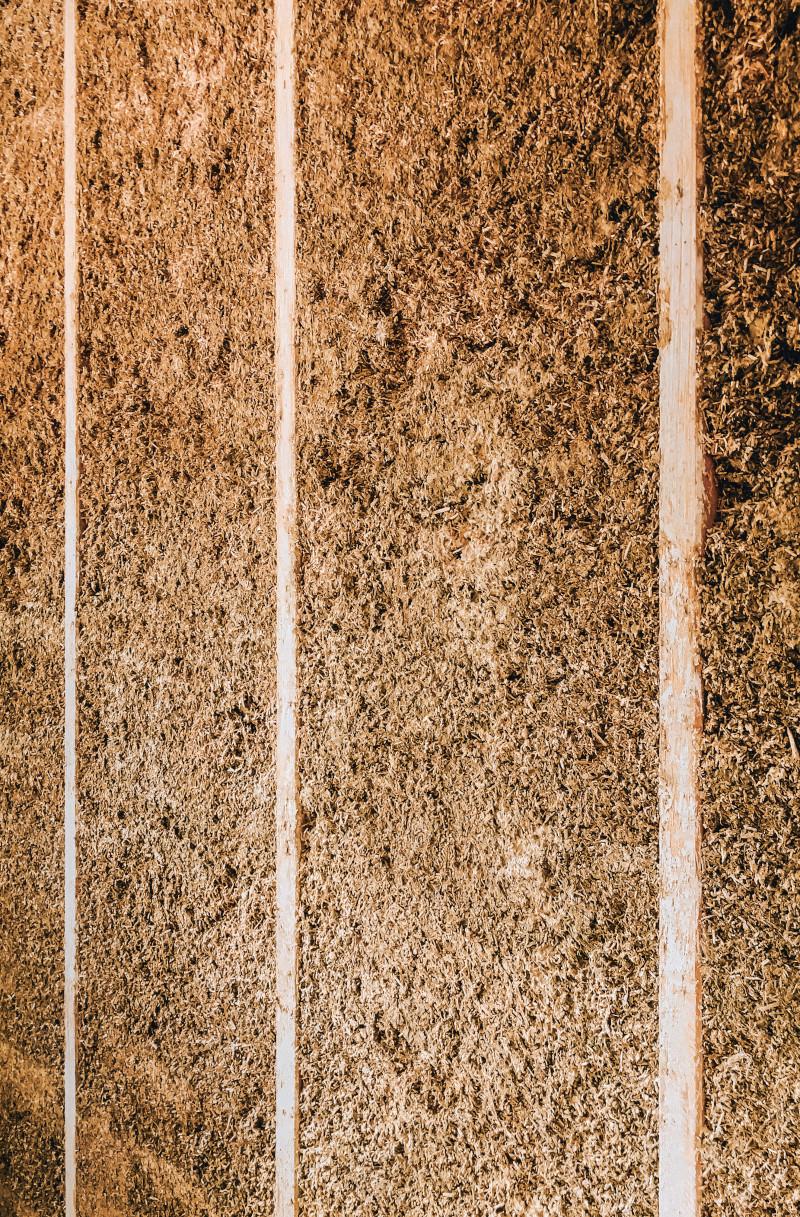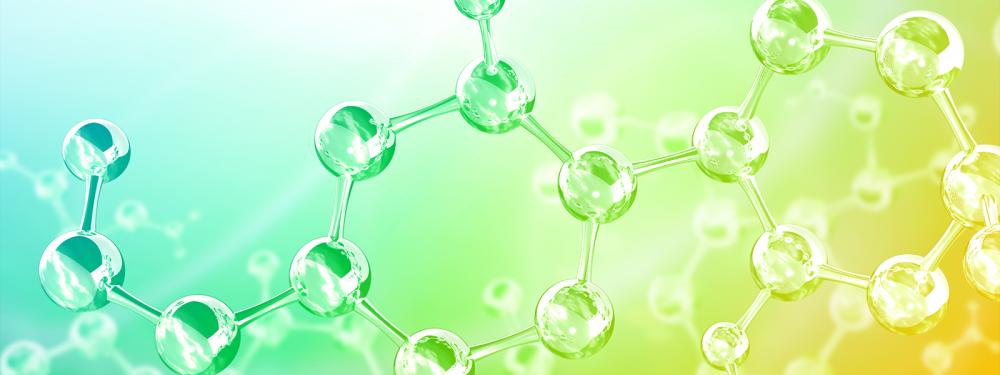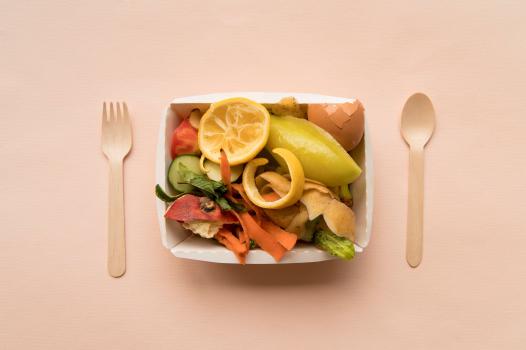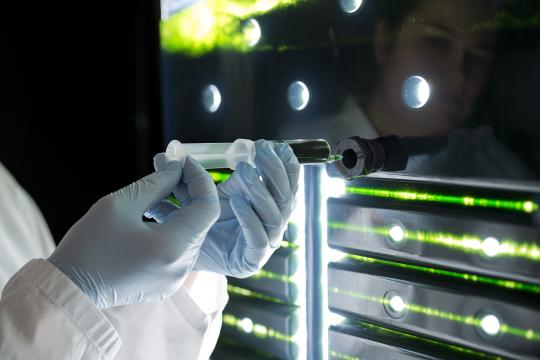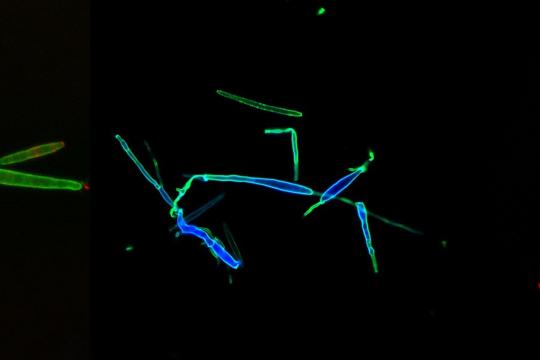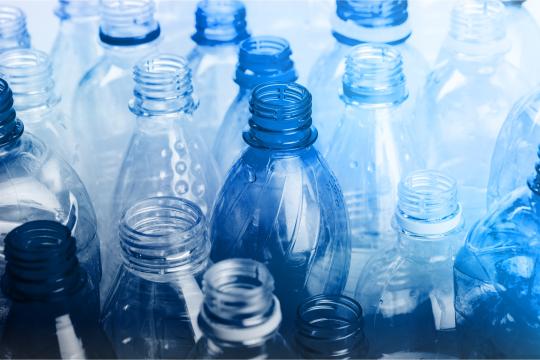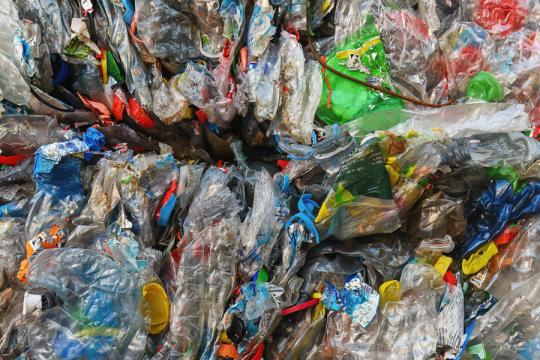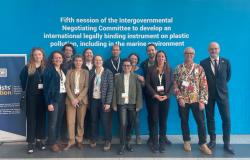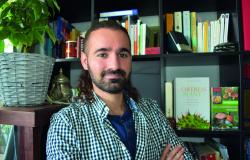Thematic
Bioeconomy
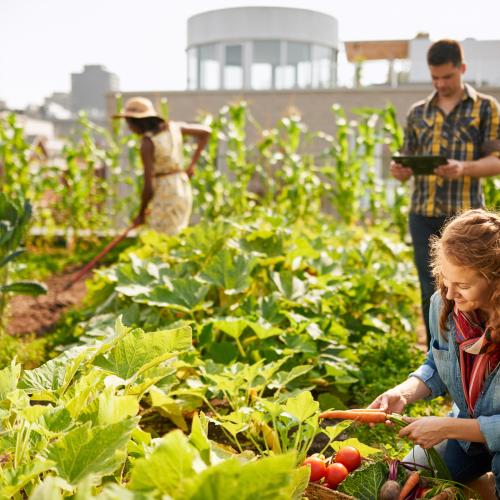
INRAE, acting for a biobased economy
Adopting optimal ways of using and transforming various raw materials and their co-products
The bioeconomy seeks to replace fossil-fuel-based materials and energies with their biomass-based counterparts, whether the biomass comes from dedicated crops (e.g., hemp, sorghum, and intermediate crops grown for energy production) or organic waste (e.g., agricultural waste, waste from the agrifood industry, urban waste, and wastewater). This major transition is about more than just a shift in resource use. It will require adopting optimal ways of using and transforming various raw materials and their co-products, all the way from production to consumption. Faced with these challenges, we have defined the four questions that will structure INRAE’s future research on the bioeconomy: How can we produce and exploit greater levels of biomass given climatic constraints and the need to preserve ecosystems and conserve resources? How can we optimise the transformation of diverse types of biomass? How can we ensure that materials are being properly recycled to close carbon, nitrogen, and phosphorus cycles? How can we predict, organise, and manage different fluxes, exchanges, and markets in uncertain circumstances? To find optimal, scale-appropriate answers to these questions, it will be necessary to develop techniques for acquiring and analysing massive quantities of data.
Key results
Our field of research
Our research focuses on exploiting biomass as a source of renewable carbon to produce biomaterials, biofuels and bioenergy. We also work on waste recycling (e.g., wastewater, solid waste from agriculture or the agrifood industry) through a circular bioeconomy approach.
> Read reports and emblematic cases from our research in these areas. New issues will regularly be posted for this topic.


